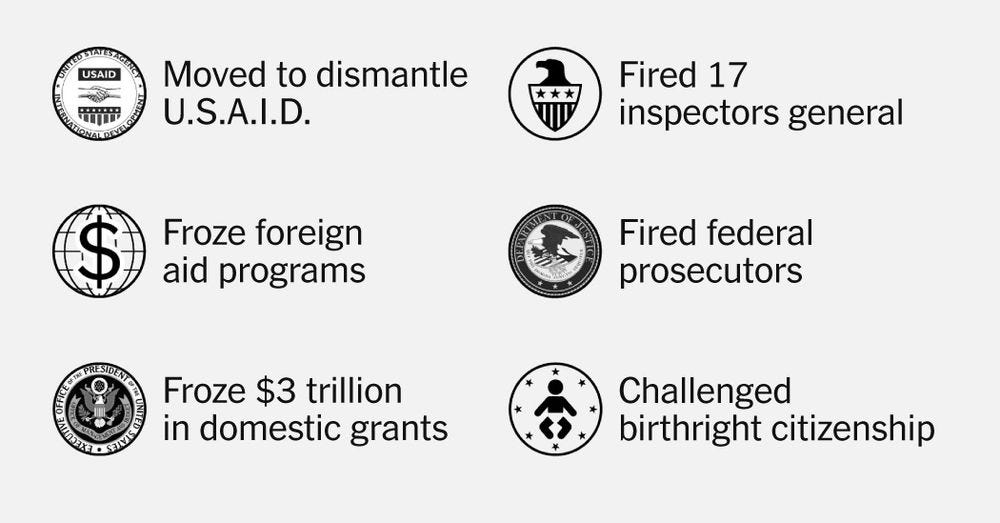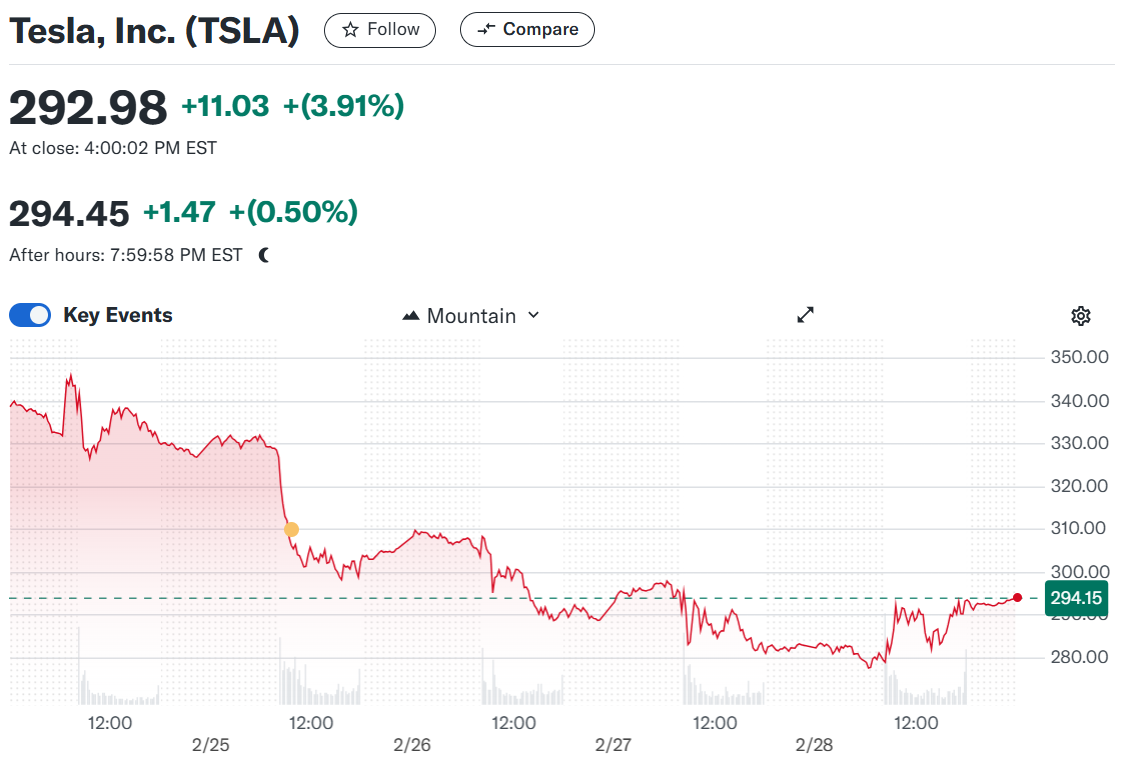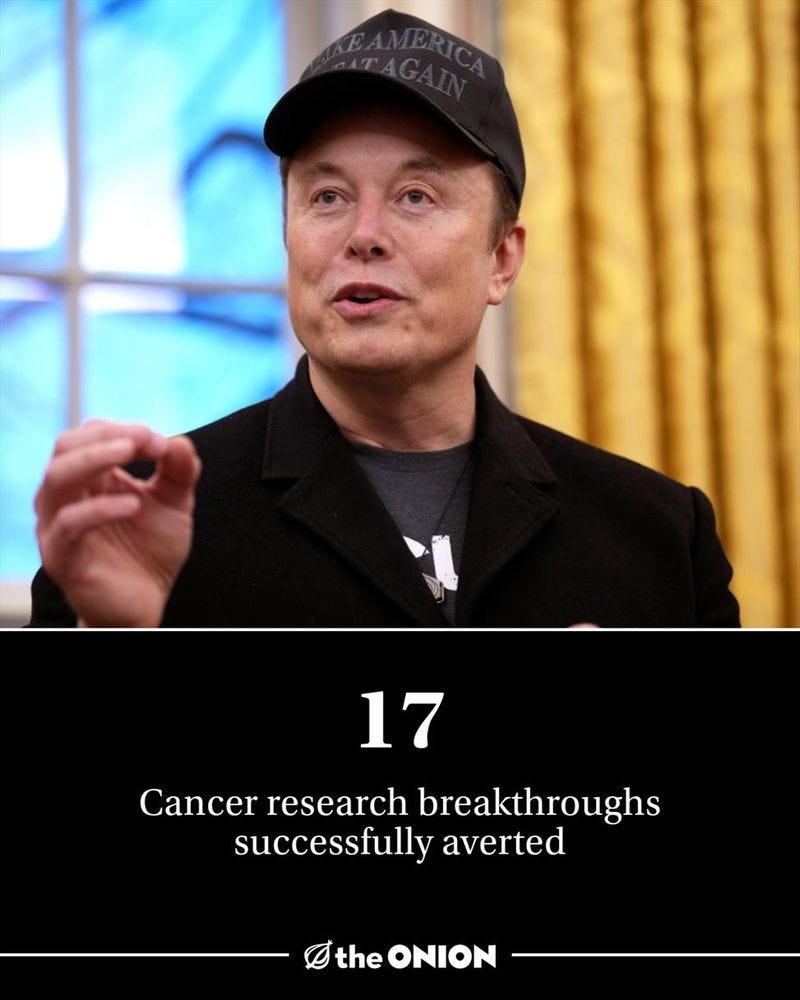The neuroscience of effective action, Part 2
Knowing how brains and AI learn can also make you a better activist.
It is frustrating to encounter citizens who lack a clear understanding of what they're actually voting for. However, this may not be entirely their fault. Seeing results from a policy change can take time, sometimes years. Key features of the American system, multiple branches (President, Congress, and courts) and federalism (national, state, and local power), make it even harder for voters to see what they get for their vote. Add to all of this a deteriorating information environment, and it starts to make sense why we are seeing executive actions that so clearly contradict public wishes.
Here at Fixing Bugs in Democracy, I have largely focused on the rules of democracy: gerrymandering, primaries, and rules such as ranked-choice voting. These repairs can be effective, especially at the state and local level. But this is not enough. Voters also need access to accurate information, and then they have to put the information to appropriate use.
Using information appropriately: the “credit assignment problem”
In neuroscience and machine learning, two fields I know well, the problem arises of how to assign credit. When our brains experience a reward or a penalty, how do we trace the event back to its cause? How can we change our actions to make a reward more likely, or avoid a future penalty?
Both “wet” brain circuits and “dry” neural networks have to solve this problem. One of the main challenges is the time delay between action and consequences. If I feel ill one day, can I accurately trace it back to something I ate yesterday? (I am actually part of a collaboration at Princeton where we identified brain circuits that solve the “was it something I ate” problem.)

In democracy, it's hard for people to know what they will get when they cast their vote, because (a) one vote is very small and (b) the time delay is very long. This explains a lot, including how people vote based on resentments as opposed to outcomes.
The complexity of policy implementation, combined with the significant time delays between electoral decisions and their outcomes, creates a harder credit assignment problem, one for which our brains are not naturally wired. Voters can struggle to connect their ballot choices with the eventual societal impacts. In this week’s news, a Trump voter thought she was voting for free IVF. She didn’t vote for the massive cuts to Medicaid by Republicans, or for getting illegally fired from her job as a forest ranger.
Political scientists know about this problem. Chris Achen and Larry Bartels wrote in Democracy for Realists about how voters tend to focus disproportionately on recent events rather than identifying true causal factors. This disconnect between voting behavior and actual causation leads to perverse outcomes that defy logical analysis of cause and effect. Our existing system rewards short-termism and hot emotions, so that we vote for candidates who make unrealistic promises and tell falsehoods. Then when it’s time for actual governing, voters can get a big surprise.
Under normal conditions, at this point I would go on about the need for robust civic education to help citizens develop critical thinking skills needed to trace complex causal chains across time. But, erm, the building is on fire right now. So, no bleating from me today about civic virtue!
Trump/Musk/DOGE are helping our brains with credit assignment
Instead, I am going to say the most positive thing you will ever hear about the current breakdown in our system of democracy: it’s made the credit assignment problem easier for people’s brains to solve.
The actions of Donald Trump, Elon Musk, and Russell Vought have created clear contrasts that make it easier for people to see the consequences of their votes. This heightened visibility represents the central hope of political activism: by making causal relationships more evident, citizens can make more informed electoral choices that accurately reflect their values and interests.
The following actions are both illegal and highly visible: the shutdown of biomedical research, including cancer research (NIH) and vaccine efforts (FDA/CDC), the crippling of weather forecasting (NOAA), and threats to health coverage (Medicaid and Medicare). That’s not even to mention the first round of actions.
Good activism exploits credit assignment
Effective activism reveals how votes and government action translate into real-world outcomes. Activists across the political spectrum recognize that when causal relationships become unmistakable rather than abstract, citizens are empowered to make voting decisions that more accurately reflect their actual values and desired outcomes.
All the crazy news these days creates a shorter time interval between cause and effect. People may have an easier time learning from such events. By taking action, you are implementing a solution to a real-life human learning problem!
Here’s an example: the Tesla Takedown movement appears to have made a mark. After nationwide protests and a sagging sales report, Tesla's share price went down 13%.
Note the slight recovery toward the end. So apparently there is room to do more.
Here are three things in this area that one could do in the near future:
This weekend, starting today (Saturday), Tesla Takedown protests continue, As one example, at noon in New Jersey’s 7th Congressional district is an event, TESLA Takedown in NJ7: Does Elon Musk Own Tom Kean Jr.? This action targets a Republican who represents New Jersey's only competitive Congressional district. He has a choice as to his stance on Medicaid, biomedical research, and the rule of law. These events are actually kind of jolly - it's fun to see people in person. Find an event near you.
Call your city, county, and state officials and demand they cut off any contracts with or subsidies for Elon Musk’s business empire—not just Tesla, but the billions he gets in subsidies and contracts for his data centers, solar farms, and rockets.
When you see a Tesla (especially a Cybertruck), give a thumbs down to impose a personal cost for being associated with Elon Musk. Direct interpersonal gestures work with your fellow visual, social primates.
Helping your Congressman/Congresswoman’s brain solve the credit assignment problem
One way politicians solve the credit assignment problem is by hearing from voters. Whether your representative is a Democrat or Republican, they need to hear from you.
For example, there’s a budget negotiation going on. You could ask for no budget deal without guarantees of walking back the illegal firings and impoundments.
Finally, to put on my gerrymandering hat for a moment: contrary to popular belief, there are more competitive districts than in many years. For example, most Republican districts within 50 miles of Princeton are competitive, including NJ-07, PA-01, PA-07, and PA-08 (to find one near you, see votemaximizer.org).
Even in safe districts, representatives need to survive the primary election. If your representative is a Democrat, they still fear the primary. Fear drives learning effectively: even one episode can drive the brain’s learning mechanisms. Tell him or her to make a visible demonstration that it’s an emergency situation. Remember, as I wrote before, we primates are visual. Not showing up for the State of the Union address would be very visual. They can make that a visible event by boycotting, or creating great visuals. They can also get their leader, Hakeem Jeffries, to wake up a bit.
Organize a visit to the local Congressional office in your district. Or, call 202-224-3121 for the Capitol switchboard and give your ZIP code, to get put through.
Next March 7 - Stand Up for Science
Finally, in-person actions can create visibility and help put you in touch with others. Next Friday, the Stand Up for Science events will take place in Washington, D.C. and in state capitals around the nation. Find a march near you, and make a stand for biomedical research, cancer treatments, and higher education. Most importantly, use this event to connect with other people.








We have no Tesla dealers or contracts here at the top of Michigan, even seeing a swasticar is unusual.
We’re aiming at local elected officials:
https://open.substack.com/pub/sarahagreen1/p/local-action-for-democracy?r=7jhrp&utm_medium=ios
That might fit some of your criteria. Certainly they are surprised to see a bunch of people show up to these boring meetings. We're starting to make the news. Some bodies are passing resolutions or committing to sending letters to congress.
Great post! Thanks Sam! 🦉✊🌻❤️